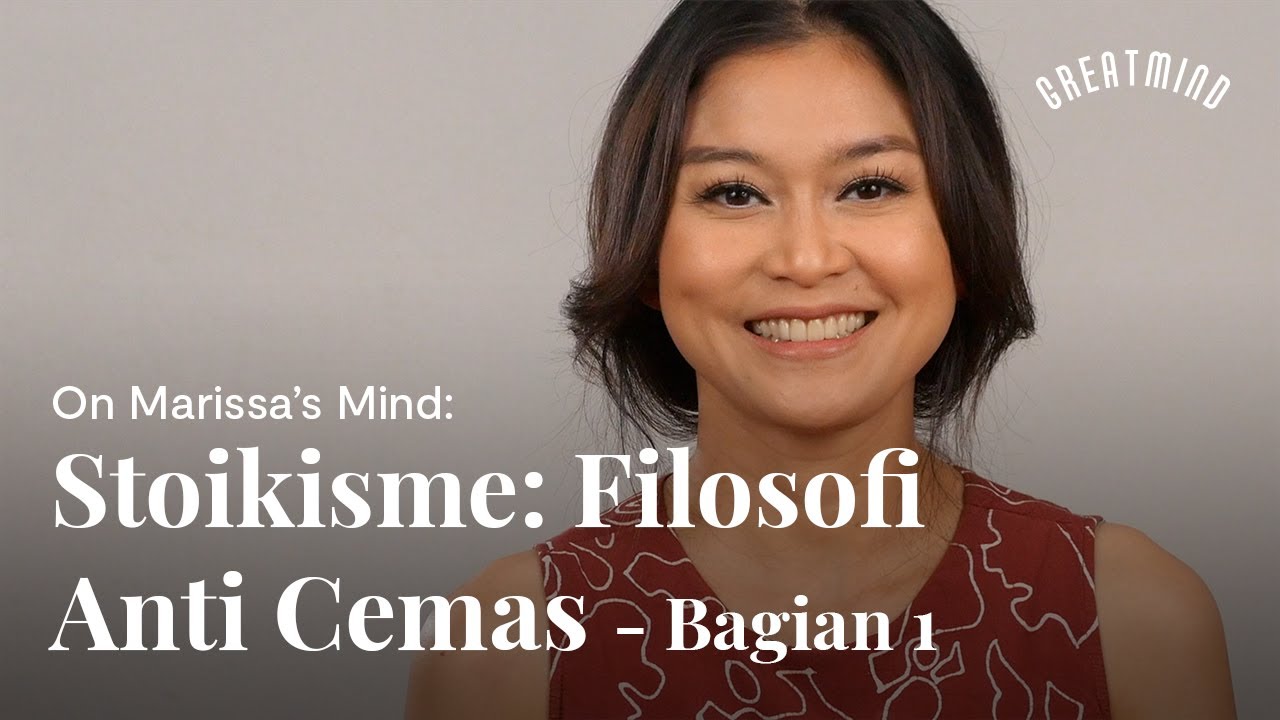How to Deal with Uncertainty
Summary
TLDRThe speaker discusses the limitations of control in personal relationships and life outcomes, emphasizing the importance of focusing on one's actions rather than outcomes. They address the difficulty of supporting loved ones with health issues and the futility of trying to control their reactions or decisions. The talk also touches on managing holiday stress and respecting family traditions without conforming to them, suggesting open dialogue and self-care as key strategies.
Takeaways
- 😀 Love and support are powerful, but they do not equate to control over others or outcomes in life.
- 🤔 It's crucial to question our expectations and understand that they can often be based on emotions rather than rational thought.
- 🏠 Caring for a loved one with special needs requires considering what is truly in their best interest, not just what feels right due to guilt or societal pressure.
- 💔 The pain of loss and the fear of a loved one's passing are real, but we must recognize that we cannot control the outcome or another person's reaction to it.
- 🧐 It's important to reflect on our motivations and the source of our expectations, especially when they concern the well-being of others.
- 👨⚕️ Professionals like therapists and psychiatrists offer suggestions, but true help comes from understanding and acknowledging the individual's autonomy in accepting or rejecting that help.
- 🤝 Offering support means expressing care and being there for someone, even if they choose not to take your advice or follow your suggestions.
- 🌐 Life is unpredictable, and we should focus on what we can control—our actions and responses—rather than outcomes we cannot influence.
- 🚫 Avoiding arrogance in thinking we can control others or life events, and instead, focus on self-improvement and self-care.
- 🤷♀️ Recognizing that sometimes, despite our best efforts, the people we care about may not accept help or change, and that's okay—it's their journey, not ours to control.
- 🛠 The key to personal growth and dealing with life's challenges is to focus on actions within our control and let go of the need to control everything else.
Q & A
What is the main theme discussed in the video script about dealing with loved ones' struggles?
-The main theme is about understanding the limitations of control over others and focusing on one's own actions and support, rather than trying to control outcomes or the behavior of loved ones with addictions or health issues.
How does the speaker suggest we should approach the holiday season when family traditions conflict?
-The speaker suggests that it might be beneficial to join a stream to discuss managing the holidays and the difficulties that arise, emphasizing the importance of addressing emotional triggers like trauma, expectations, and disappointment.
What is the speaker's stance on the idea that love can solve all problems related to a loved one's addiction?
-The speaker strongly argues against this idea, stating that love is not enough to solve problems like addiction and that one must understand the limitations of what they can control and help with.
How can one demonstrate support for a family member going through a difficult time, according to the script?
-One can demonstrate support by showing that they care, offering help, and asking open-ended questions about how they can be of assistance, rather than making unsolicited suggestions.
What is the importance of self-care when trying to support others, as mentioned in the script?
-Self-care is crucial because it allows you to be in a better position to help others. If you're burnt out or overwhelmed, your ability to provide effective support diminishes.
What does the speaker suggest about the expectations we have for ourselves and others?
-The speaker suggests that expectations often stem from emotions like guilt and fear, which can cloud judgment. It's important to question these expectations and understand that they may not always be in the best interest of the person involved.
How does the speaker relate the concept of control to the suffering in life?
-The speaker posits that much of life's suffering comes from the illusion of control. People often believe they can control outcomes and others' behavior, which leads to disappointment and suffering when things don't go as planned.
What advice does the speaker give regarding preparing for the potential passing of a loved one?
-The speaker advises focusing on what one can control, such as preparing oneself emotionally and practically for the eventuality, rather than trying to control how others will react or cope.
Why does the speaker compare life to playing a game where you only control your character?
-The comparison is made to illustrate the limited control one has over life's outcomes. Just as in a game you can only control your character's actions, in life, you control your own actions and responses, not the outcomes or the actions of others.
What is the key takeaway from the script about handling relationships and life's challenges?
-The key takeaway is to focus on one's own actions and responses, offer support without trying to control outcomes, and understand that love and support alone are not enough to change someone else's situation or behavior.
Outlines

This section is available to paid users only. Please upgrade to access this part.
Upgrade NowMindmap

This section is available to paid users only. Please upgrade to access this part.
Upgrade NowKeywords

This section is available to paid users only. Please upgrade to access this part.
Upgrade NowHighlights

This section is available to paid users only. Please upgrade to access this part.
Upgrade NowTranscripts

This section is available to paid users only. Please upgrade to access this part.
Upgrade NowBrowse More Related Video
5.0 / 5 (0 votes)





